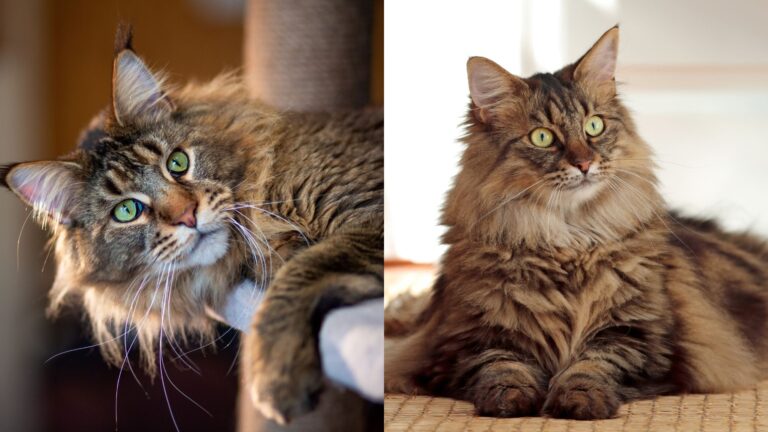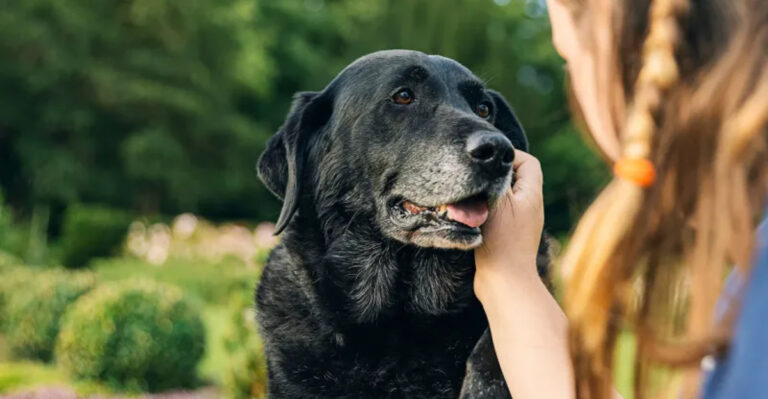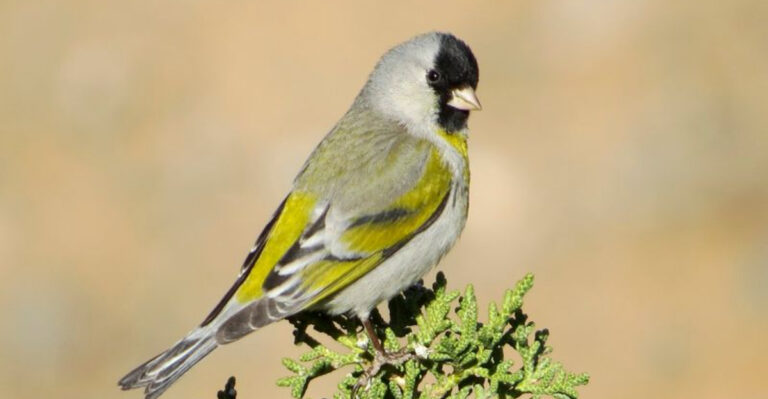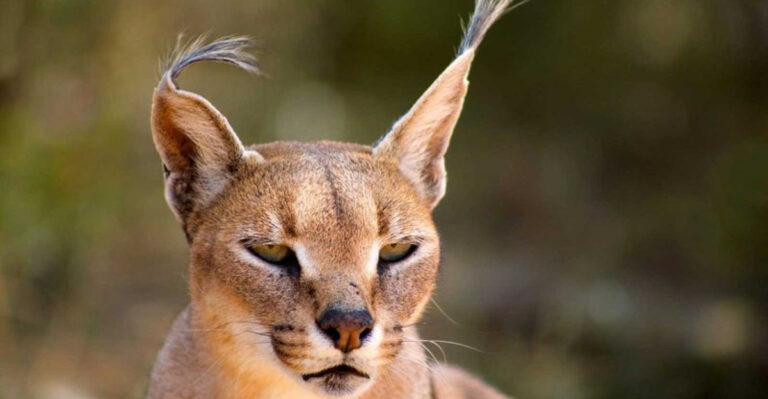19 Most Annoying Dog Breeds That You Can Own
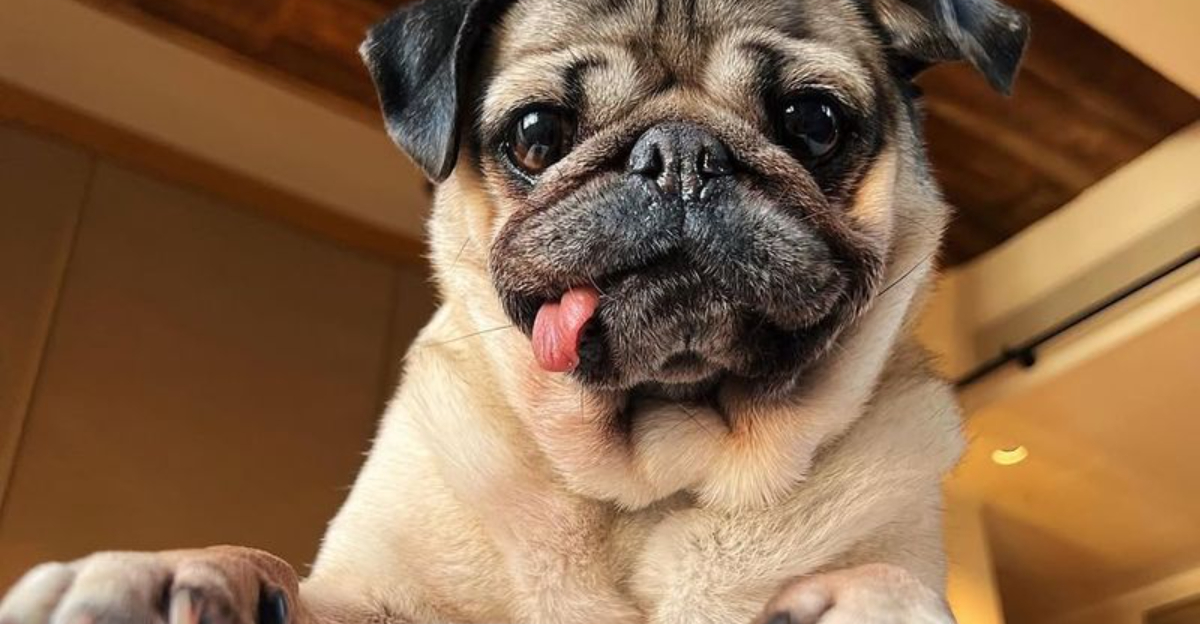
Owning a dog can be a delightful experience, but some breeds come with their own set of challenges that potential owners should be aware of. Here are 19 dog breeds that, while lovable and adorable, might test your patience with their quirky characteristics.
Whether it’s their boundless energy, stubborn streaks, or vocal nature, these breeds require a bit more understanding, training, and patience. Read on to discover which breeds made the list and what you might encounter if you decide to welcome one into your home.
1. Beagle

Beagles are known for their stubborn nature and boundless energy. Although they are incredibly friendly, their strong sense of smell often leads them to follow scents obsessively, which can be quite a challenge for owners. Training a Beagle requires patience as they may easily become distracted during sessions.
They are also notorious for their loud barking and howling, especially when left alone. Nevertheless, their playful demeanor and loyalty make them cherished pets. Be prepared to dedicate time and effort into keeping them mentally stimulated and physically active.
2. Jack Russell Terrier
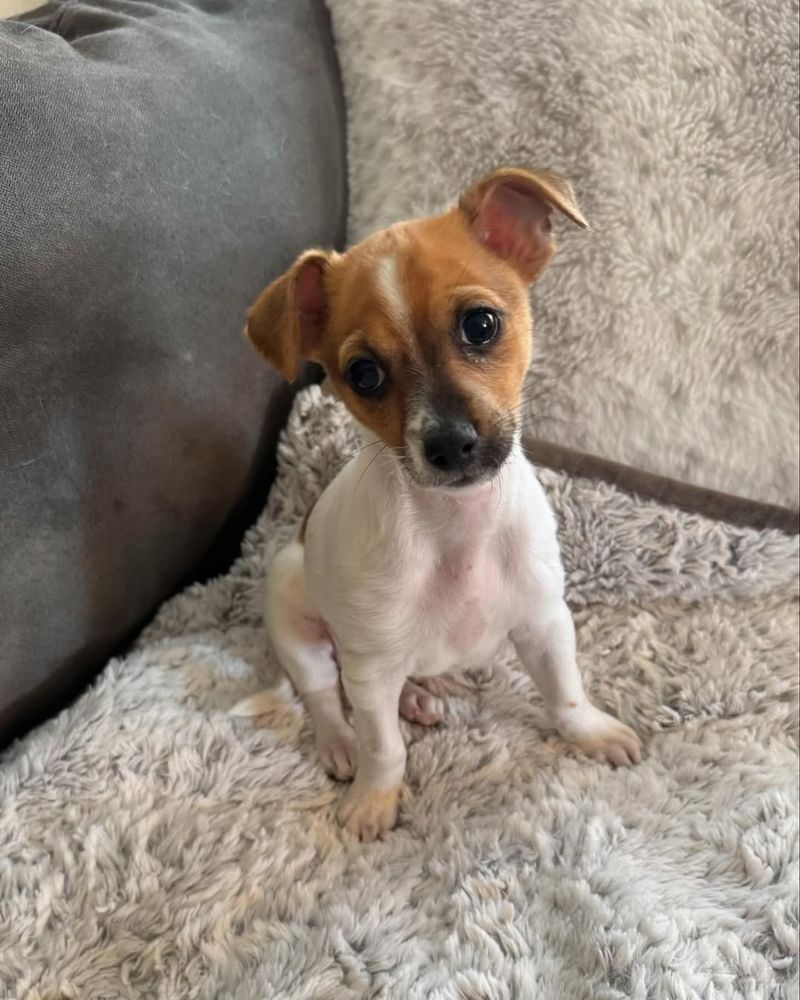
Jack Russell Terriers are small dogs packed with energy and intelligence. They require plenty of exercise and mental stimulation to prevent boredom-related behaviors. This breed is known for its tenacity and determination, which can sometimes translate into stubbornness during training.
Their hunting instincts may kick in unexpectedly, leading them to chase after anything that moves. Despite their small size, they have a big personality and need an owner who can keep up with their vivacious spirit. Consistent training and socialization are key to managing their energetic nature.
3. Chihuahua
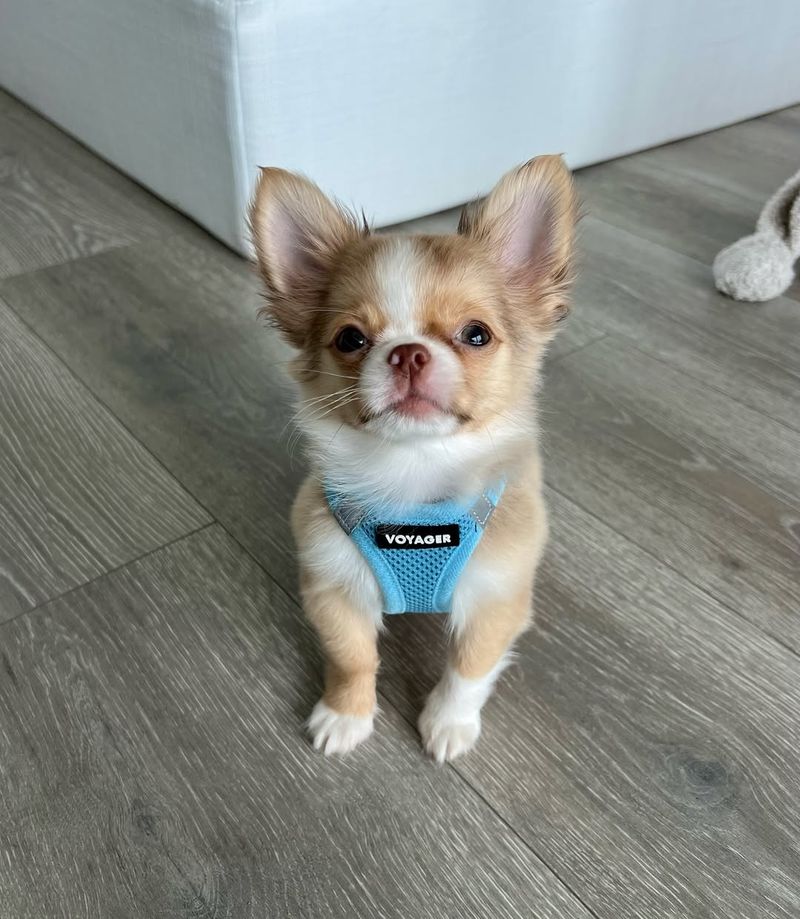
Chihuahuas are tiny dogs with big personalities, often displaying a stubborn and feisty temperament. They form strong bonds with their owners but can be wary of strangers. These dogs are known for their tendency to bark at every little noise, making them excellent, albeit noisy, watchdogs.
Socialization is crucial to prevent them from becoming overly aggressive or timid. Despite their size, they require regular exercise to burn off energy. Chihuahuas thrive in loving environments where they feel secure and appreciated, and their quirky demeanor often endears them to many.
4. Dachshund
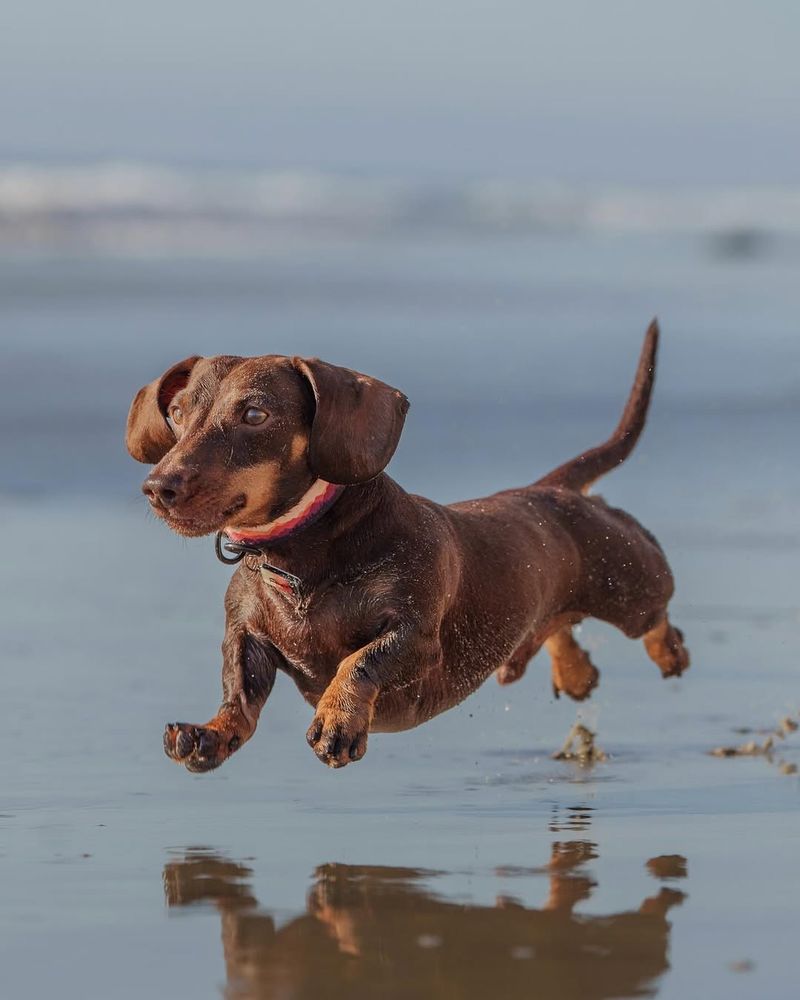
Dachshunds, affectionately known as ‘wiener dogs’, are curious and spirited. Their elongated bodies and short legs make them unique, but their independent nature can pose training challenges. Originally bred for hunting, they have a strong prey drive and love to dig and chase.
Dachshunds can be a bit aloof with strangers and may bark excessively if not properly trained. They are loyal companions but need firm and consistent training to manage their stubborn streak. Owners must be patient and understanding to handle their playful yet willful nature.
5. Dalmatian
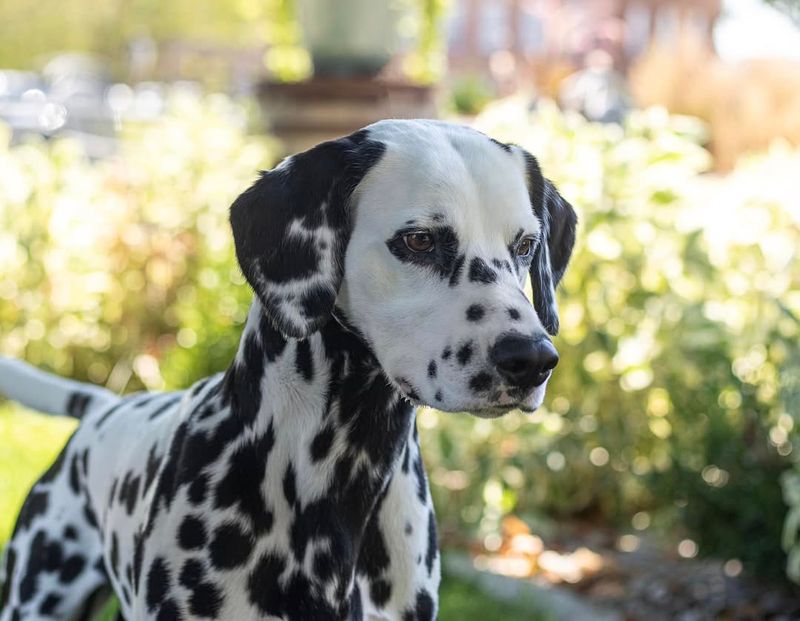
Dalmatians are known for their distinctive spots and high energy levels. These dogs thrive on physical activity and social interaction, needing plenty of exercise to keep them happy. Without proper outlets for their energy, Dalmatians can become restless and engage in destructive behaviors.
They are intelligent but can be headstrong, requiring consistent training and socialization from a young age. Despite their sometimes demanding nature, they are affectionate and loyal pets. Owners who can provide ample exercise and companionship will find a devoted and charming friend in a Dalmatian.
6. Bulldog
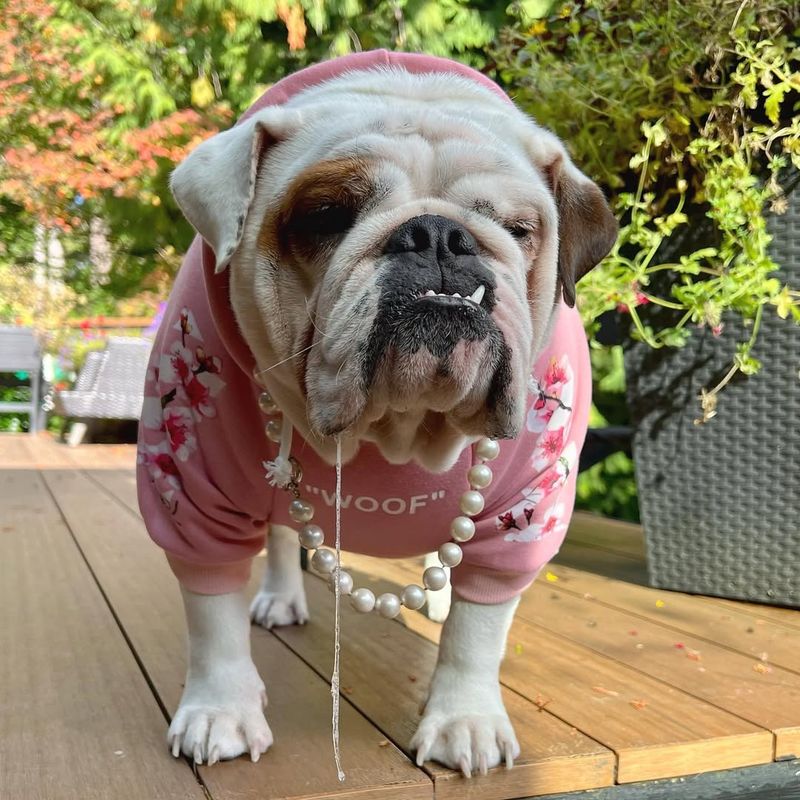
Bulldogs are known for their distinctive wrinkled faces and laid-back demeanor, but they can also be stubborn and strong-willed. Their independent streak might make training a bit challenging, but with patience and positive reinforcement, they can learn effectively.
Bulldogs are prone to certain health issues, which can add to the demands of owning one. They may snore loudly and drool, which some owners find endearing, while others might find it annoying.
7. Pug

Pugs are affectionate and charming, but their stubborn streak can test an owner’s patience. They are prone to obesity, so monitoring their diet and ensuring they get enough exercise is important.
Pugs are also known for their snoring and wheezing due to their flat faces, which some might find bothersome. Socialization is key to preventing them from becoming overly possessive of their owners. Despite their quirks, Pugs are loving pets who thrive in family settings.
8. Shih Tzu
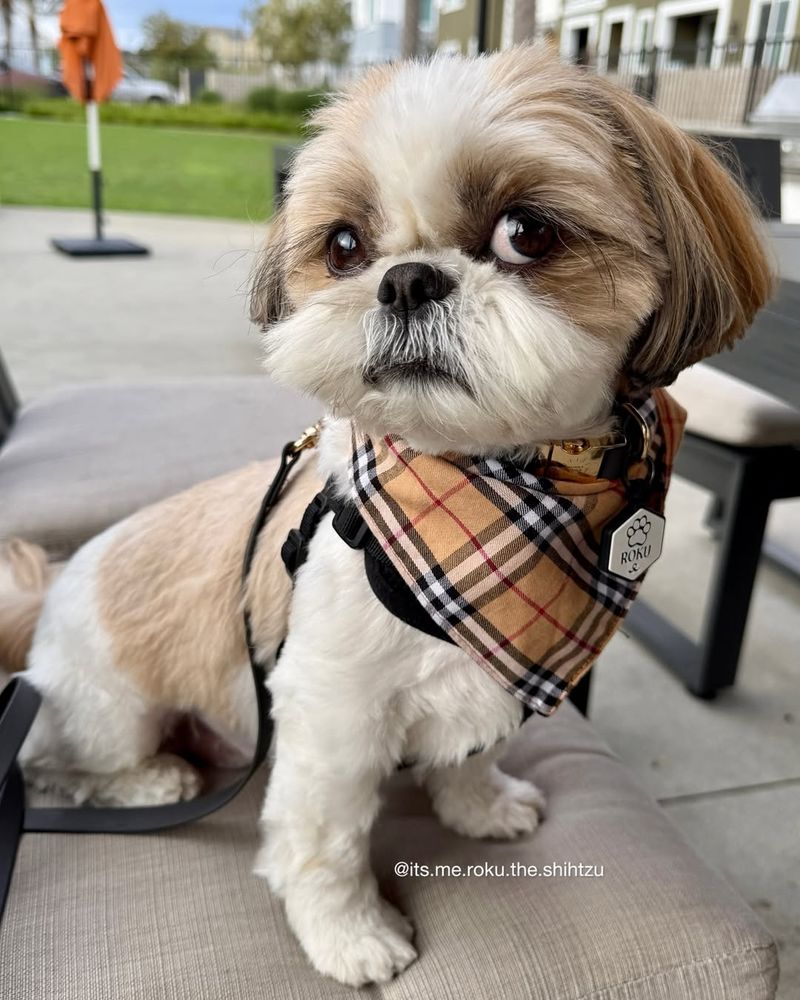
Shih Tzus are known for their beautiful, flowing coats and loving nature. However, their grooming needs are high, requiring regular brushing and maintenance. These dogs can be quite stubborn, making training a bit of a challenge.
They are usually friendly with people but may show aloofness toward other animals. Shih Tzus are generally quiet but can become loud when anxious or bored. Owners need to dedicate time to their grooming and training to ensure a well-behaved pet.
9. Yorkshire Terrier
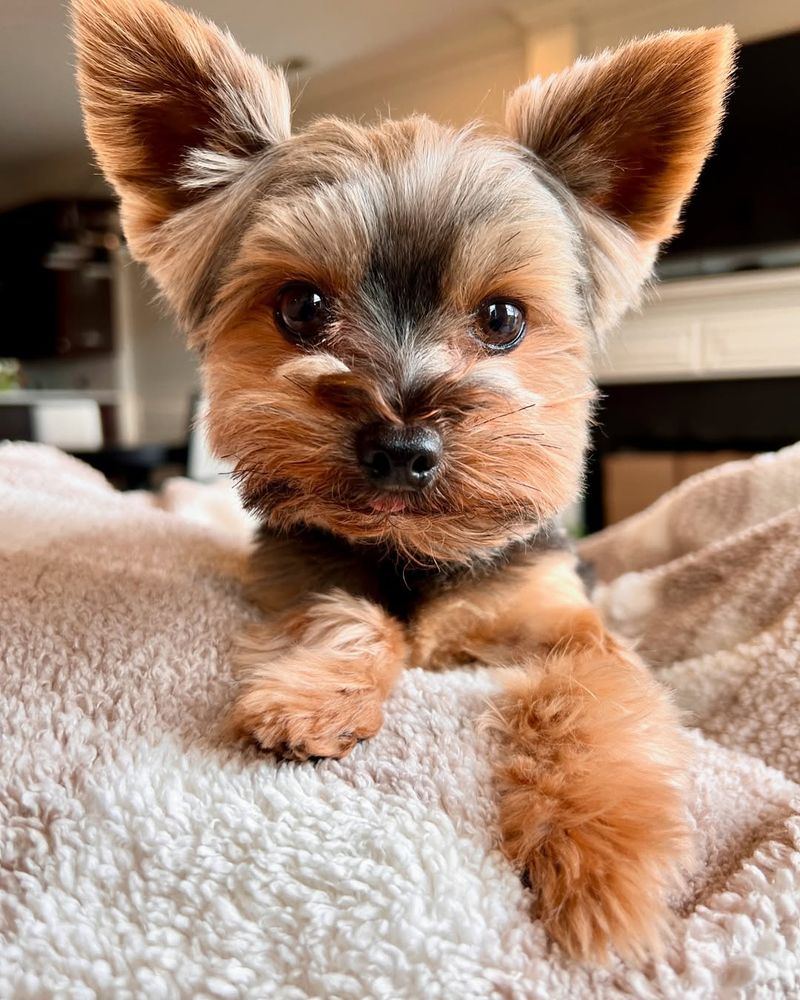
Yorkshire Terriers, or Yorkies, are small dogs with confident personalities. Despite their size, they can be bold and assertive, often believing they’re much larger than they are. This breed requires consistent training to manage their feisty nature.
Yorkies tend to be vocal, barking at unfamiliar sounds and strangers. Regular grooming is a must to keep their beautiful coats in top condition.
10. Akita
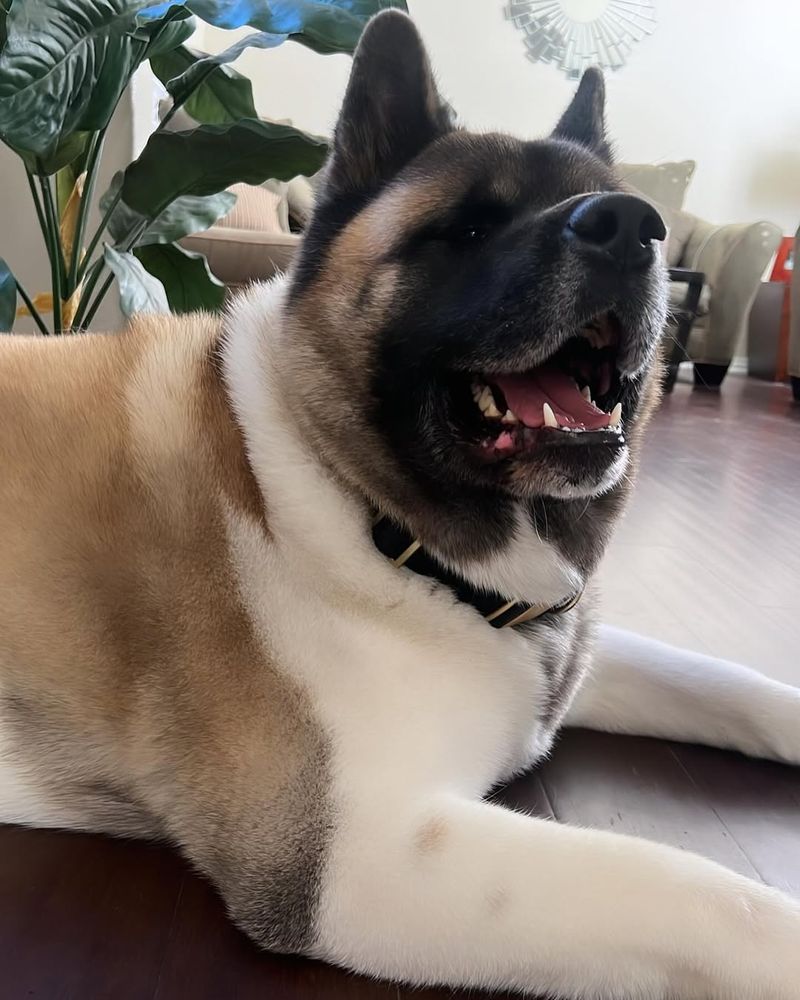
Akitas are large, powerful dogs known for their loyalty and protective nature. They are independent and can be aloof with strangers, making early socialization crucial. Akitas are strong-willed and require experienced owners who can provide firm and consistent training.
Their thick double coats require regular grooming, particularly during shedding seasons. While they are generally quiet, Akitas can show dominance if not properly trained.
11. Cocker Spaniel
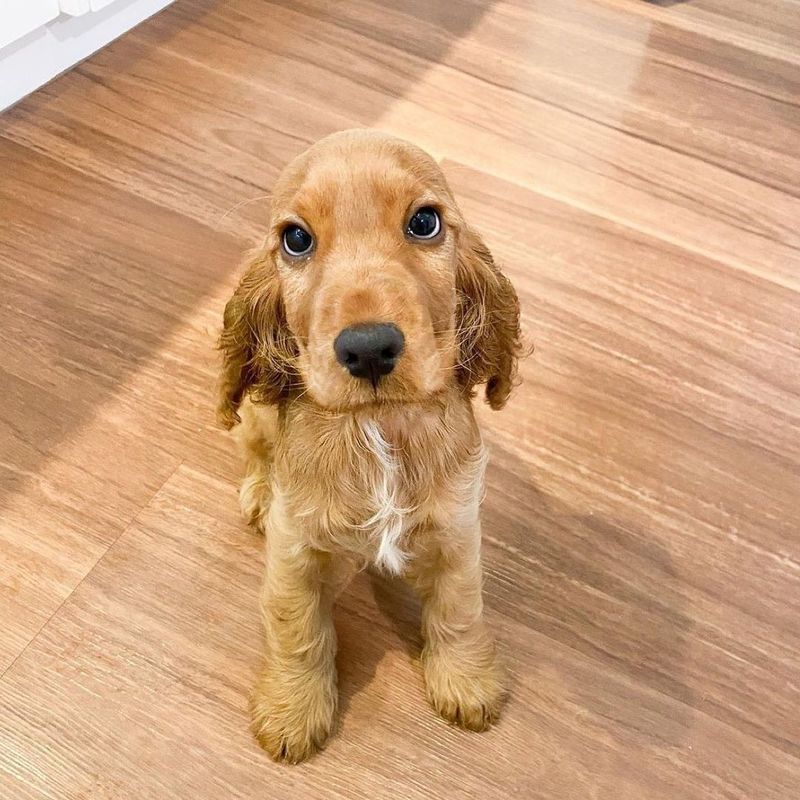
Cocker Spaniels are known for their gentle disposition and beautiful, silky coats. They are social and affectionate, thriving on companionship. However, their sensitivity means they don’t do well with harsh training methods.
Cocker Spaniels can suffer from separation anxiety if left alone for long periods. Regular grooming is essential to maintain their coats, and they benefit from positive reinforcement training. Despite their sometimes needy nature, they are loyal and loving pets.
12. Siberian Husky
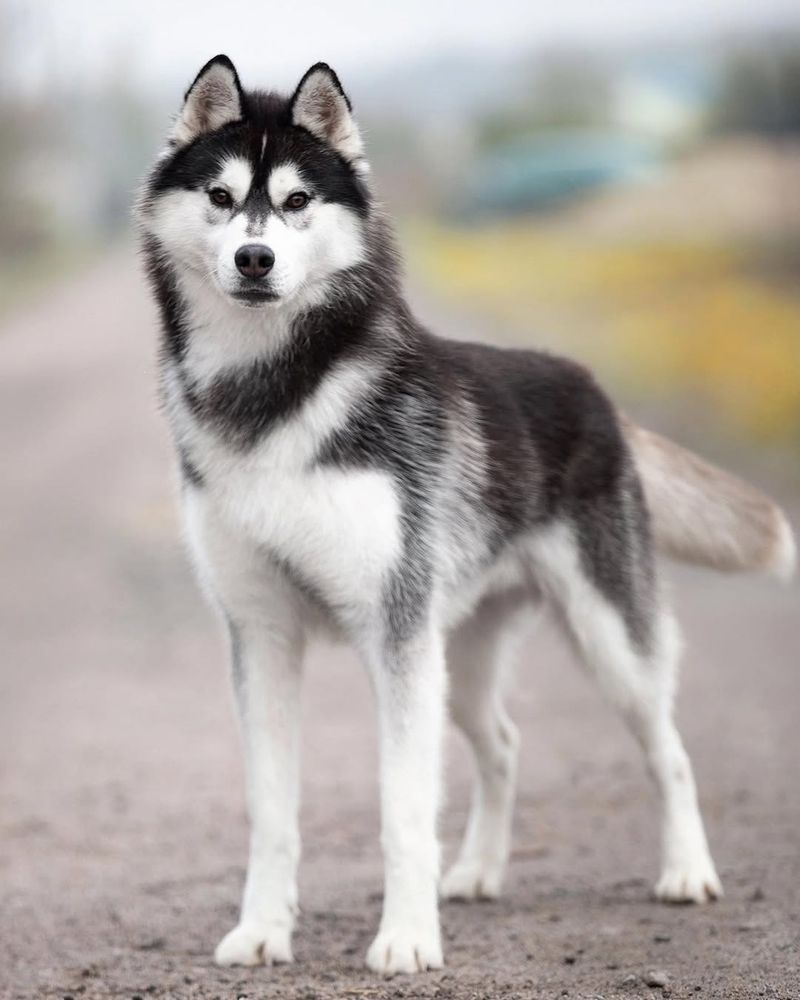
Siberian Huskies are known for their striking appearance and boundless energy. Bred for endurance, they require ample exercise to keep them happy and healthy. Huskies are independent and can be challenging to train, often displaying stubborn behavior.
Their strong prey drive means they need secure fencing to prevent escapes. While they are generally friendly, they can become destructive if bored or under-stimulated. Huskies thrive in active households where they can participate in regular physical activities.
13. Basset Hound

Basset Hounds are characterized by their droopy eyes and long ears. They are gentle and laid-back but can be stubborn, making training a slow process. Originally bred for hunting, they have a keen sense of smell and may follow scents with determination.
Basset Hounds are prone to obesity, so a balanced diet and regular exercise are important. They can be quite vocal, especially when bored. Despite their quirks, they are affectionate and loyal companions.
14. Weimaraner
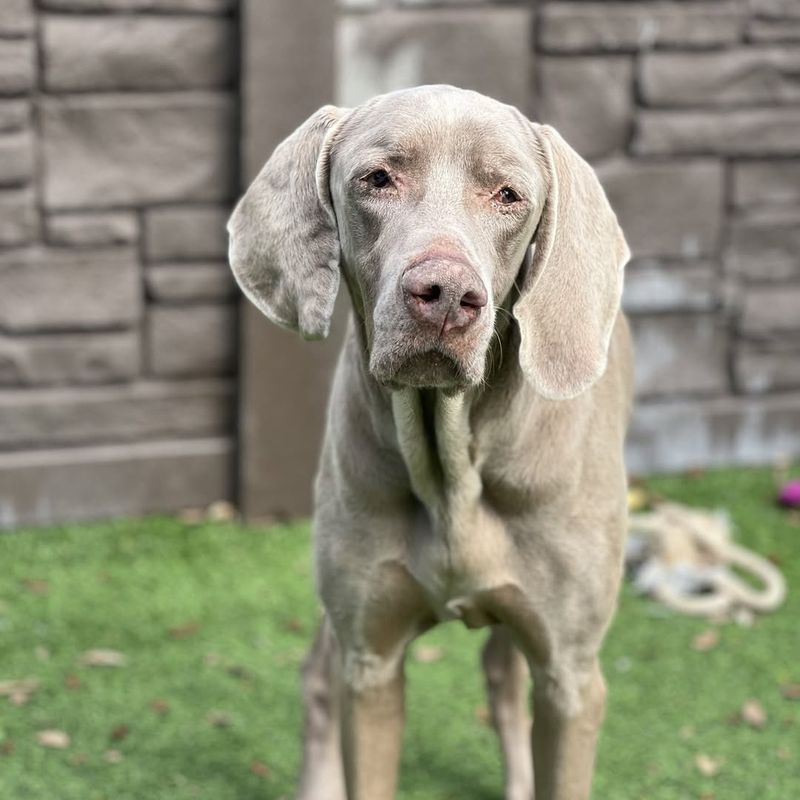
Weimaraners are known for their sleek, silver-gray coats and energetic nature. They are highly intelligent and require plenty of mental stimulation and exercise. Weimaraners can become anxious if left alone for extended periods, leading to destructive behaviors.
Their strong prey drive means they may chase after smaller animals without warning. Training should be consistent and positive to manage their exuberant temperament.
15. Border Collie
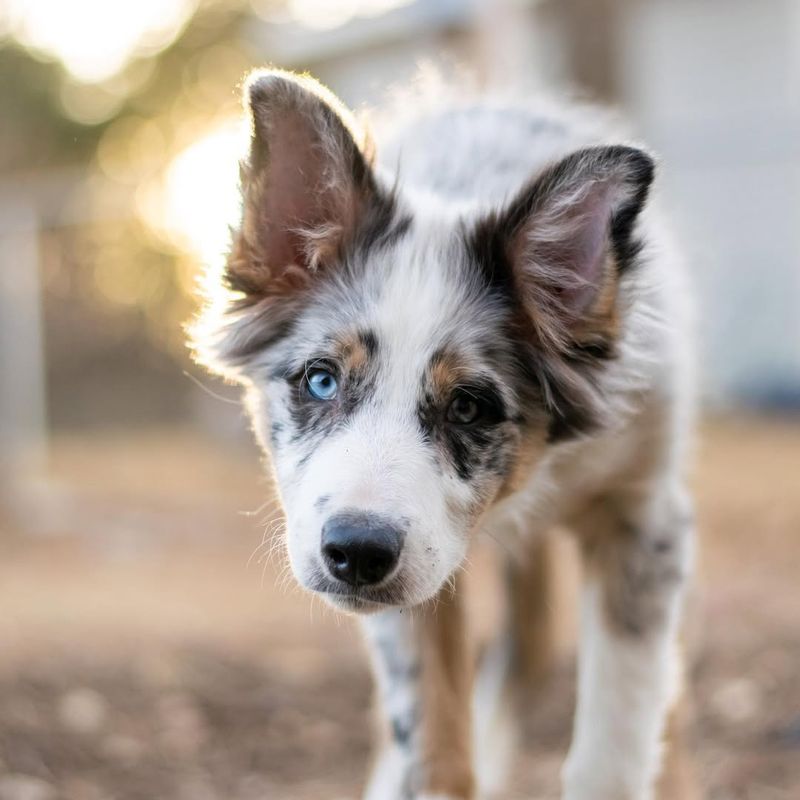
Border Collies are renowned for their intelligence and work ethic, often excelling in herding and agility tasks. They require a great deal of mental and physical stimulation to prevent boredom-related issues. These dogs are eager learners but can be stubborn if not properly guided.
Border Collies thrive in environments where they can use their intelligence and energy productively. Due to their high drive, they are best suited for active owners who can keep up with their needs.
16. Lhasa Apso
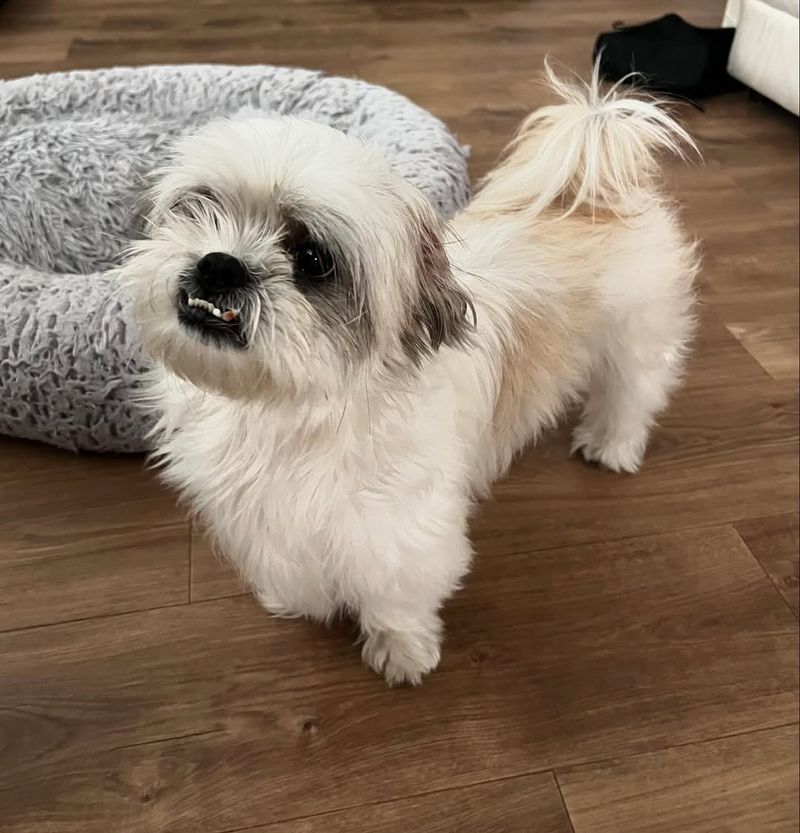
Lhasa Apsos are known for their long, beautiful coats and independent nature. Originally bred as guard dogs, they can be aloof with strangers and require socialization to ensure they are friendly. Lhasa Apsos need regular grooming to maintain their coats and prevent matting.
They can be stubborn, making training a challenge, but they respond well to positive reinforcement. Despite their independence, they form strong bonds with their families and are loyal companions.
17. Maltese
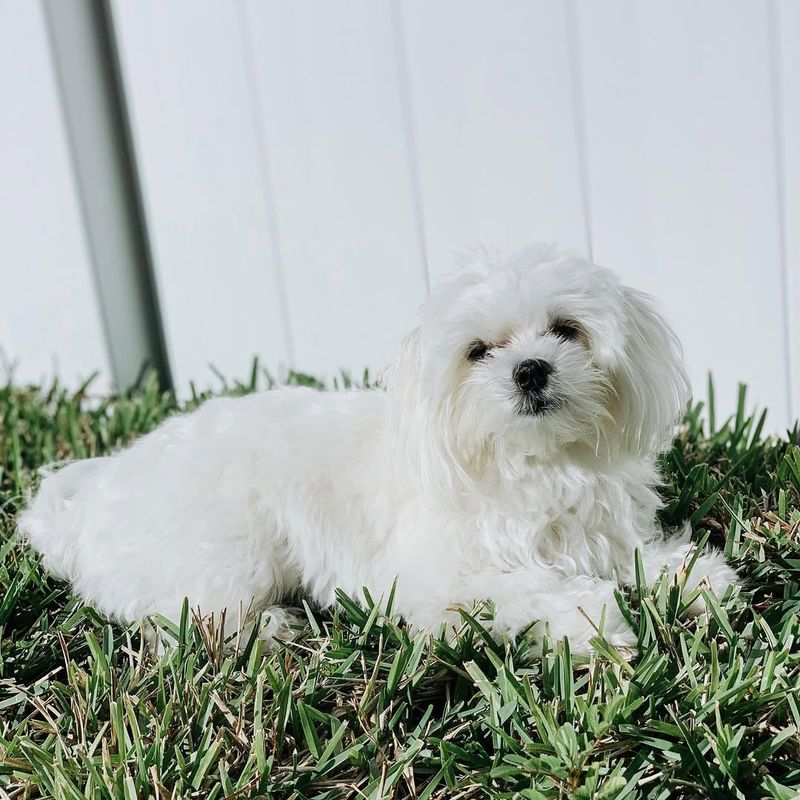
Maltese dogs are known for their stunning white coats and playful nature. They are affectionate and thrive on human companionship, often seeking attention from their owners. Maltese can be difficult to house-train and may exhibit separation anxiety if left alone.
Regular grooming is necessary to keep their coats in pristine condition. They are typically good with people but may require socialization to prevent shyness.
18. Bichon Frise
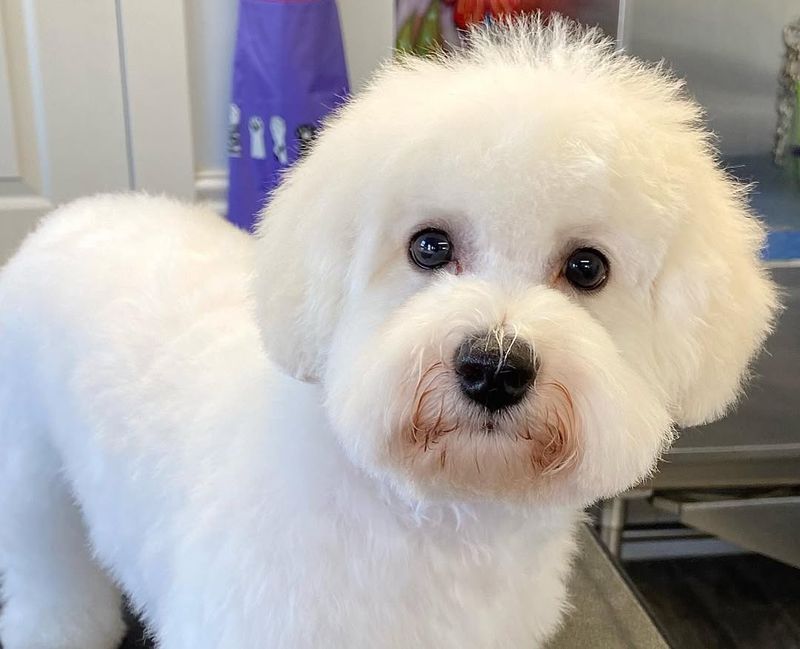
Bichon Frises are small, cheerful dogs known for their fluffy coats and friendly demeanor. They are generally good-natured and get along well with families and other pets. However, they can be sensitive and don’t respond well to harsh training methods.
Bichons require regular grooming to prevent their coats from becoming matted. They can suffer from separation anxiety, which can lead to barking when left alone.
19. Miniature Schnauzer

Miniature Schnauzers are known for their distinctive appearance and lively personalities. These dogs are intelligent and eager to please, making them relatively easy to train. However, their strong-willed nature can lead to stubbornness if not properly managed.
Schnauzers are vocal and alert, often barking at unfamiliar noises or visitors. Regular grooming is required to maintain their unique coat. They are generally good with children and make great family pets.


